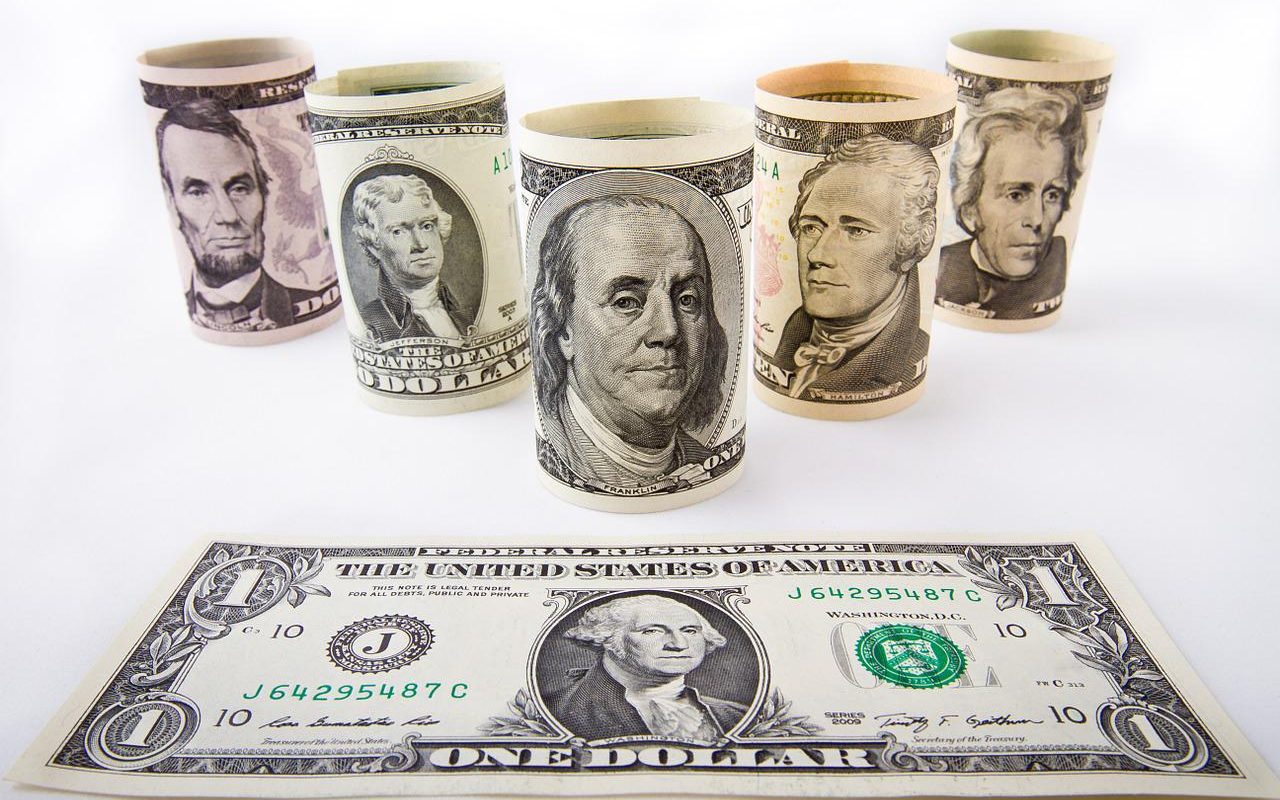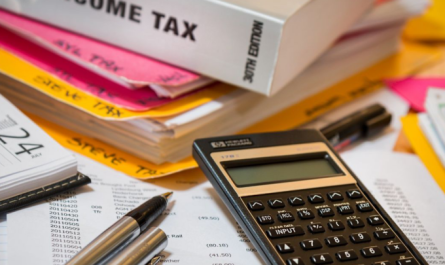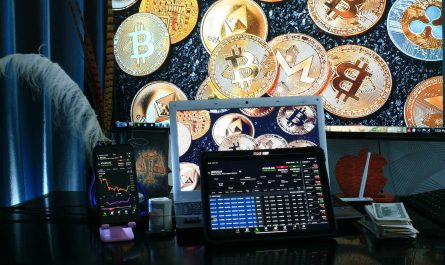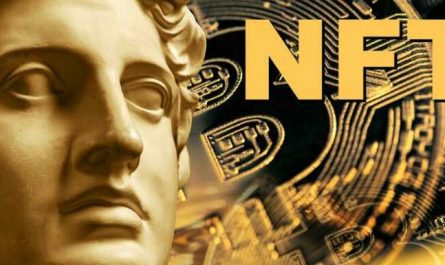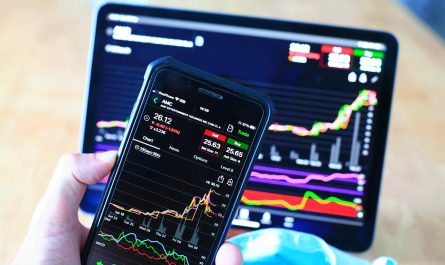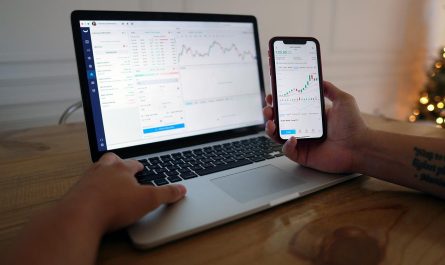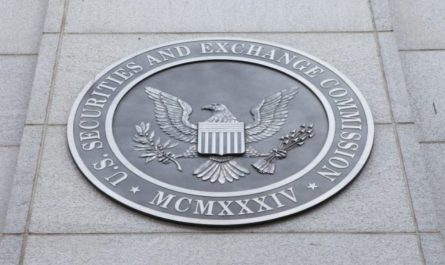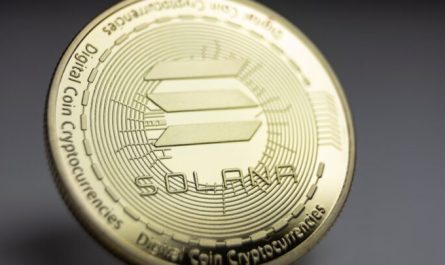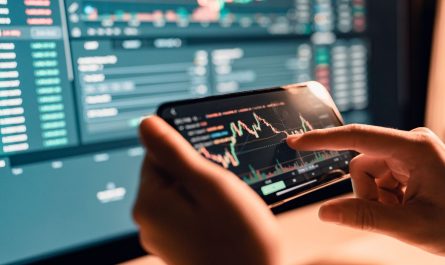On Monday, there was a drop in world stocks, as the rising possibility of aggressive rate hikes by both the ECB and the US Federal Reserve walloped bond markets.
Meanwhile, the US dollar climbed to highs of two decades, with fears of a recession going up. There was a rise in 2-year US government bond yields to 3.49%, which is the highest level seen since 2007.
The 10-year government bond yields stood at 3.11%. There was also a rise in yields all across Europe.
Hawkish central banks
On Friday, speaking at the symposium in Jackson Hole, the chairman of the US Fed, Jerome Powell said that the bank would hike its rates as much as needed for restricting growth.
He also said that they would keep the rates high until they manage to bring inflation down to 2%, which is the target of the US central bank.
Isabel Schnabel, who is a member of the European Central Bank’s board, also made the markets uneasy. On Saturday, she said that central banks have to take forceful action for taming inflation.
She stated that central banks could lose the trust of the public if they don’t do so and should not refrain from it, even if it means pushing the economy into recession.
A sell-off
Thus, investors decided to sell off risky assets because of the possibility of rates remaining high despite a recession.
There was a 0.66% drop in the S&P 500 index, which brought it to its lowest value seen in a month after a choppy trading session.
There was a 0.6% drop in the Dow Jones Industrial Average, while a 1% decline was seen in the Nasdaq Composite.
A 0.8% fall was also seen in European stocks, taking them down to their lowest level seen in five weeks. A 2.7% fall was also recorded in the blue-chip Nikkei 225 index in Japan.
Markets in London were closed for a holiday, while a 1% drop was recorded in the MSCI’s world equity index to a low of one month.
The expectations
Market analysts said that message had been loud and clear in Jackson Hole and had not been in accordance with market expectations.
They said that central banks would need convincing evidence that there is a decline in inflation, which is bad news for risk appetite and the economy because it pushes up the possibility of recession if rate hikes continue.
Investors were ramping up their bets for rate hikes in the euro zone and the United States, with markets expecting a 75 basis points increase in September from both the Federal Reserve and the European Central Bank.
Fed funds futures had priced in a 73% possibility of the Fed hiking rates by 75 basis points and rates are expected to reach 3.75% to 4.0%.
However, a lot depends on the US payroll data for August, which is due for release on Friday. Analysts believe that the rise would be moderate at around 285,000, after a blockbuster gain of 528,000 last month.

